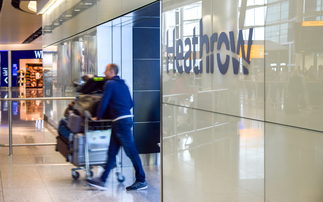AXA CIO Kevin Murray reveals how telematics devices, in-car and in-home, will increasingly help to set insurance premiums
Insurance companies are to demand an increasing amount of personal data via telematics - both in-car and in-home - in order to fine-tune insurance rates for consumers, according to AXA's group CIO ...
To continue reading this article...
Join Computing
- Unlimited access to real-time news, analysis and opinion from the technology industry
- Receive important and breaking news in our daily newsletter
- Be the first to hear about our events and awards programmes
- Join live member only interviews with IT leaders at the ‘IT Lounge’; your chance to ask your burning tech questions and have them answered
- Access to the Computing Delta hub providing market intelligence and research
- Receive our members-only newsletter with exclusive opinion pieces from senior IT Leaders






















